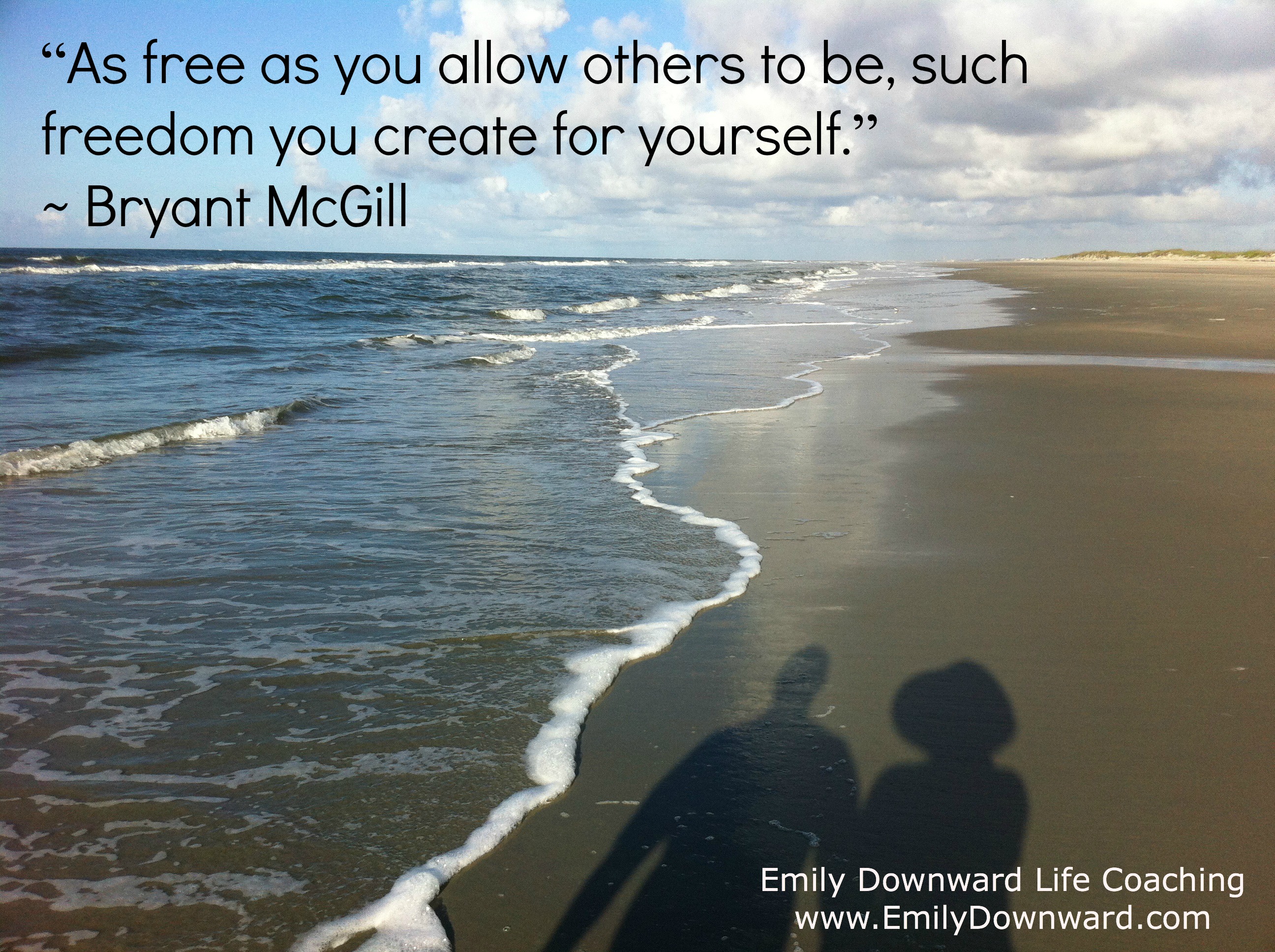 I’m fascinated by how the brain works. Until we can watch our thoughts, and even after we know to do that, our stories or our inner dialogue drive so much of our experience and our behavior. It’s no wonder we get stuck in the same patterns month after month, year after year.
I’m fascinated by how the brain works. Until we can watch our thoughts, and even after we know to do that, our stories or our inner dialogue drive so much of our experience and our behavior. It’s no wonder we get stuck in the same patterns month after month, year after year.
Our brains, particularly the left brain, looks to the past to predict the future. We base what will happen by what has happened before. This can be very helpful in many situations. Take cooking for example. You know how to make a certain recipe and the steps and ingredients involved. You may have even played with the recipe a bit and know what you can leave out and what’s essential.
But in other areas, such as in relationship with others, this predictive process of the brain can be extremely limiting and cause conflict, both for you and for others. If others have experienced you during a trying or difficult time in your life, and if they experience you as cranky or emotional or impatient, they may assume this is how you always react to others. We do the same to others in our life – in our social circles, families and in the workplace. We see how others react to us and our brain stores the information away as evidence of “this is how he/she is.”
Unfortunately, if someone has changed, through conscious work or just due to the passage of time, we may miss the change.
I recently watched a British documentary 56 Up that followed 13 people in 7-year increments throughout their lives, from the age of 7 to 56. It was fascinating to see the differences in their progress across the ages. Several of the participants remarked on the local notoriety they received, as well as how they were judged, even years later, for a flippant opinion they gave at a certain age. One man wisely noted that the brief interviews were a snapshot of how a person changes over time but not necessarily a complete view of who he was. I thought that was a brilliant assessment. Who of us would want to be confined to the opinions we espoused at age 14 or 21? We want the freedom to evolve, to grow and improve.
This week, try to look at those around you with new eyes. Allow others the freedom to be whoever they are. You don’t have to agree with them or do things like they do – you get to choose for yourself how YOU want to be. Remember that we are all doing the best we can with the knowledge and resources and experience that we have at the moment, and we are all on different journeys and at different points along those journeys. Namasté.
(“Namasté” is Sanskrit and means “that which is sacred in me greets that which is sacred in you.”)
